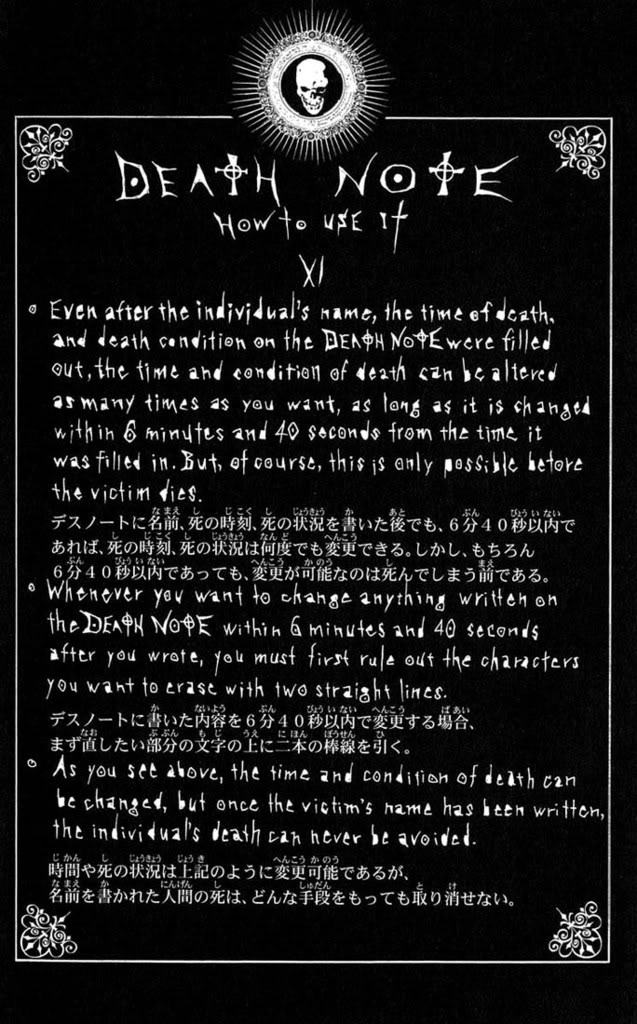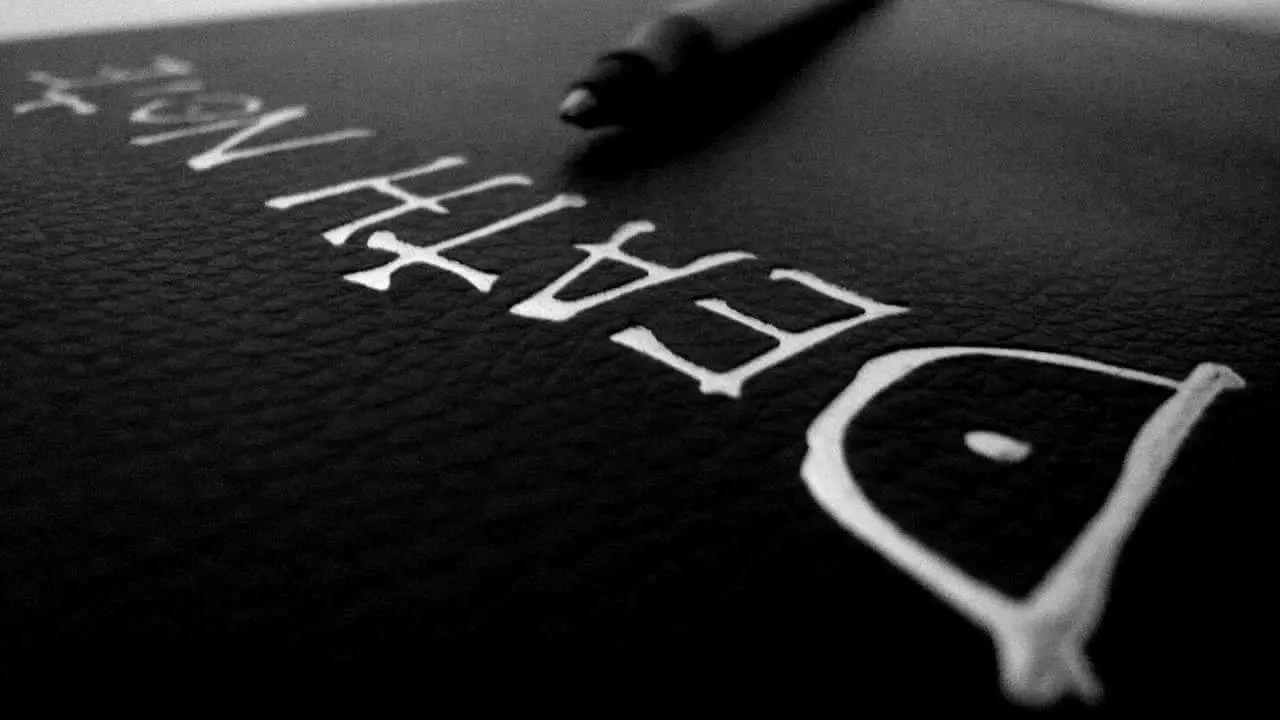


It’s hard to imagine a more fitting actor for the American L than Lakeith Stanfield, a breakout for his eccentric performance as Darius on FX’s Atlanta and surely one of the most idiosyncratic and gifted talents of his generation. In Death Note, teen serial killer Light (Nat Wolff) is pursued by the mysterious private detective L, a fellow teen genius as defined by his behavioral quirks as he is by his staggering intellect. Unfortunately, he does too good a job with it, because Death Note takes place in a country wholly unlike our own. Still, the casual Netflix surfer who watches Death Note unaware of its history is unlikely to notice the absence of Asians other than a white American cop’s inexplicable decision to name his son “Light,” Wingard successfully erases all traces of cultural context from his film. (specifically, Seattle - where, it must be said, Asians are the second-biggest racial demographic in real life). Unlike Paramount’s Scarlett Johansson-starring flop, though, director Adam Wingard’s Death Note transplants the setting from Japan to the U.S. In translating Japanese source material for an English-language audience, Hollywood renditions have unfailingly employed white protagonists, despite the existence of English-speaking Americans of Japanese or other descents. Like fellow manga adaptation Ghost in the Shell, Netflix’s Death Note has been dogged by whitewashing criticism since castings were first announced.


 0 kommentar(er)
0 kommentar(er)
